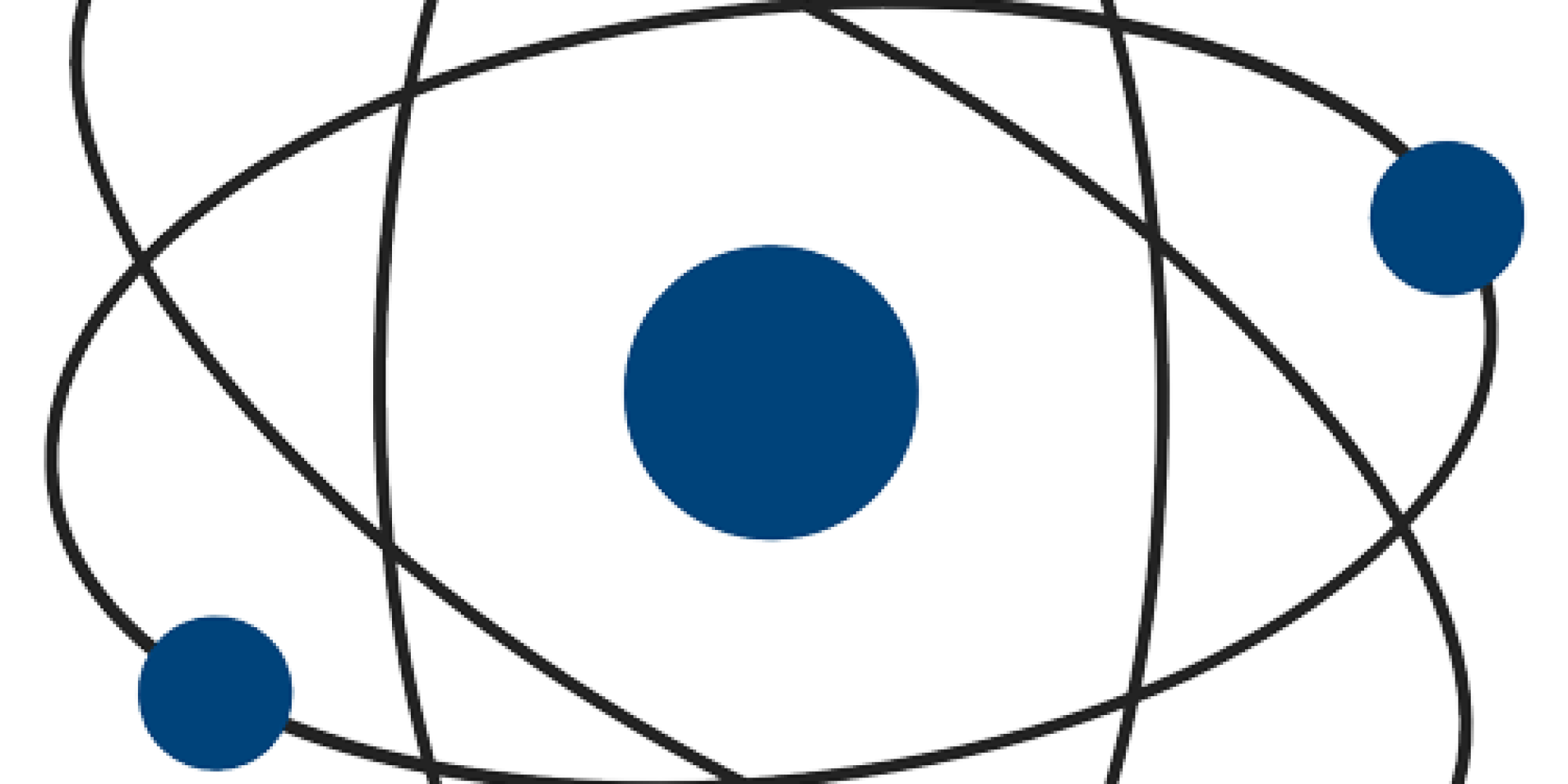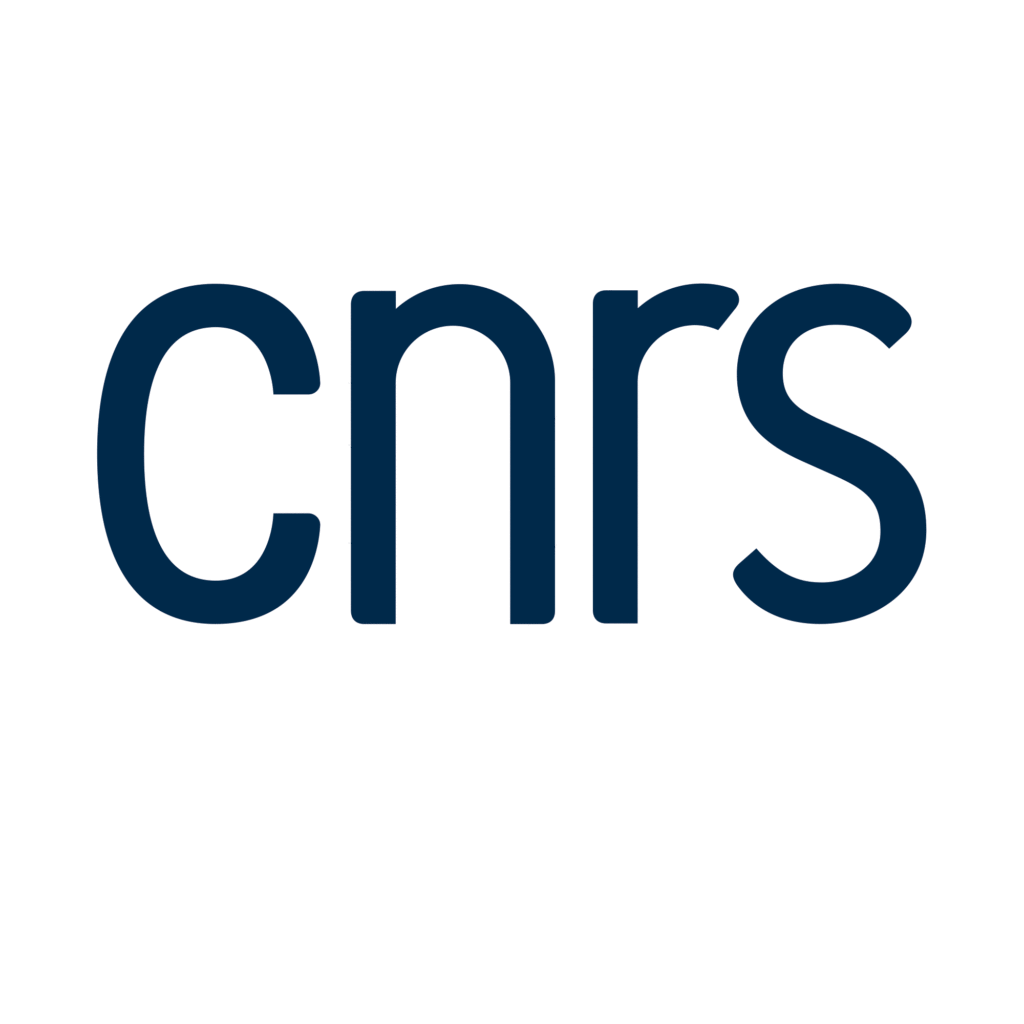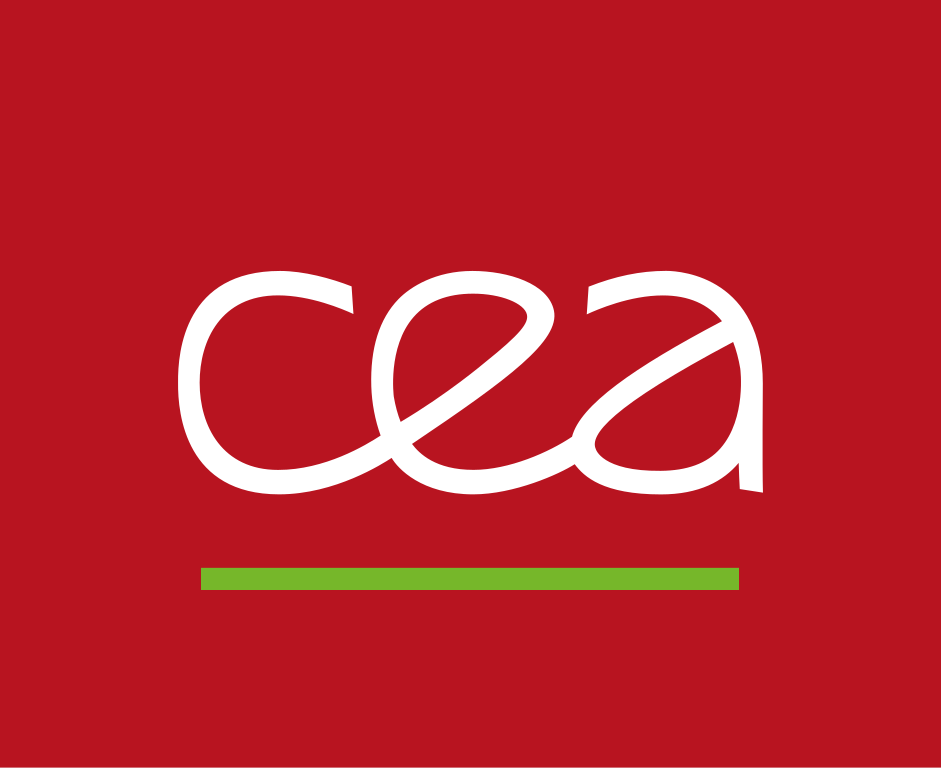
Introduction
The activities of the Office of Science in Houston are focused on
Physical Sciences, Nanotechnology and Material Sciences.
Our efforts are strongly orientated towards Nanotechnology which is under-going at the present time, throughout the entire world, a spectacular spurt of development and interest. It is a scientific field where a great many applications can be readily envisioned as well as in the public health sector, in the sectors of information technology, energy, transport, security and aeronautics.
Physical science is however far from being absent as it is largely involved in all aspects of nanotechnology which is implicitly multidisciplinary and which is also related to material sciences, biology, medicine or environment.
Priorities in Nanosciences
According to the programs which are being developed in the United States and in France and to the fields of expertise of both countries, we have chosen 3 main priorities in which it appears important to reinforce Franco-American relationships.
**Nanoelectronics
The industry of integrated electronics will be facing within the next 10 to 15 years a major transition in technology which immediately requires fundamental and extensive research. New approaches consist of exploiting new characteristics such as the spin or the phase of charge carriers on a nanometric scale in order to develop new devices. Molecular electronics whether based on carbon nanotubes or on organic molecules is also a very promising route both in the field of information technology or for the development of integrated micro sensors.
**Nanotechnology and Medicine
In bio-medical sciences, nanotechnology will probably in the long term radically transform methods of diagnostic and care, with the development of new means of miniaturized diagnostics for early detection of diseases, new contrasting agents for medical imaging, new surfaces/coatings to improve bioactivity and biocompatibility in implants, new materials for skin and tissue engineering, new biometric materials fabricated by auto-assembly, with the perspective of synthesizing replacement organs, nano devices for targeting precisely administration of drugs, etc.
**Nanotechnology in Society
In view of the important development to come regarding nanotechnology and the proliferation of nano objects, it is important to reassess the security aspects and gather information on toxicology and ecotoxicology in order to evaluate the scientific risks for human health and environment through all the steps of nanofabrication. The NNI (National Nanotechnology Initiative) is making responsible development one of it’s priorities, and the NSF is supporting the development of « Centers for Nanotchnology in Society » in several Universities. Another important aspect of this issue is education, not only by research at the doctorate and post doctorate level but also in basic instruction of scientists and engineers in universities and also the public in general in secondary education.
Research in Nanotechnology
The ability to manipulate and control matter at the nanometer scale open new prospects of technological developments which will greatly impact our economy and our every day life.
Nanotechnology is the word used to describe the methods and tools which are being developed to fabricate, manipulate, image, measure, describe objects which have at least one dimension in the 1-100 nanometer range. This is a scale at which the physical, chemical or biological properties can show different behaviours when compared to that of macroscopic materials, or of individual atoms and molecules.
The aim of
Nanosciences is to analyse, understand, and control these new properties.
Research and development in Nanotechnology look forward to elaborating new materials, new devices and systems with improved performances taking advantage of the particular properties related to the nanometer size. Such research which is strongly multidisciplinary requires handling new very elaborated technological means in a highly controlled environment, and thus demands very important financial investments, and all the big industrialised countries have strongly increased their support to this research during the last five years.
**Nanotechnology in the USA
The USA are the country which is investing the most in Nanotechnology, and which holds the leadership, as well as in terms of scientific publications as in terms of valorisation, considering the number of patents or the number of start-up companies.
Research and development in nanotechnology are conducted by many federal agencies, but the multiagency efforts are coordinated by a federal program, the «
National Nanotechnology Initiative« . The funding of the NNI program by the federal government has been increased by more than a factor 2 since it has been launched in 2001: the NNI budget was already over 1 billion dollars in 2005, and it will reach 1.45 billion in 2008.
The NNI supports fundamental and applied research on nanotechnology by funding cutting-edge research (more than one third of the budget is given to the NSF), developing key research infrastructure (the
National Nanotechnology Infrastructure Network, comprised of 13 university sites that form an integrated, nationwide system of user facilities to support research and education in nanoscale science, engineering and technology) ,creating multidisciplinary centers of excellence (5 centers funded by the NASA, 11 by the National Institutes of Health, 33 by the NSF and 5 by the department of defense). It also supports activities aimed at addressing the societal implications of nanotechnology, including ethical, legal, human and environmental health, and workforce related issues.
Many states of the Union have launched initiatives with the aim to develop clusters or consortia that leverages public-private partnerships and university-based research centers to capitalize on commercialization. Regional initiatives are also created and funded by private individuals, corporations, and other foundations to accelerate research in nanotechnology in the States by increasing the visibility of nanotechnology research, expanding research funding, and helping to recruit the best Nanotechnology researchers
**Nanotechnology in France
France does not invest in Nanotechnology the same amounts than the USA which are more comparable to the whole European Union. In the recent years, France has developed great efforts to coordinate and structure the research in Nanotechnology, and to provide a modern network of facilities widely opened to the scientific community:
- Creation of a national network of 6 major technology centres that are competitive at a world level to develop the most advanced and best-integrated processes in terms of micro- and nanotechnologies. 7 other regional facilities have also been developed in addition to the national network.
- The National Program Nanosciences, launched by the Ministère de la Recherche with the CNRS (Centre National de la Recherche Scientifique), the CEA (Commissariat à l’Energie Atomique) and the DGA (Délégation Générale à l’Armement). Since 2005, this program called PNANO (Programme National en Nanosciences et Nanotechnologies) is managed by the ANR (Agence Nationale de la Recherche) with the aim to coordinate and develop fundamental research in Nanosciences
- 6 Competence Centers in Nanosciences (called the C’Nanos) have been launched: these centers are regional federations of laboratories which have been created to structure public research in nanoscience and nanotechnology, to enhance attractiveness for both researchers and innovating companies, to provide the overall research endeavour with a best visibility towards economy players and policy makers and to develop the offer for high level training in nanoscience and nanotechnology.
Nanosciences and Nanotechnology involve in France more than 2000 researchers working in 180 laboratories and an annual budget of more than 150 millions euros.
Fostering University and Research Collaborations
Our activities to
promote university and research collaborations involve different kinds of actions, which are all closely related to the scientific and technologic watch that we are performing. The most important actions are:
- Organization of visits for French experts to American research groups in Universities, National Laboratories, and other research institutions. We also invite American scientists to visit research laboratories in France.
- Organization of French-American seminars and workshops both in the United States and in France.
- Development and management of exchange programs for Ph.D. students, young and senior scientists.
Information Sheet
Download the information sheet here:
Nanosciences – Information Sheet
Contacts
Physical Sciences and Nanotechnology
Documents joints


